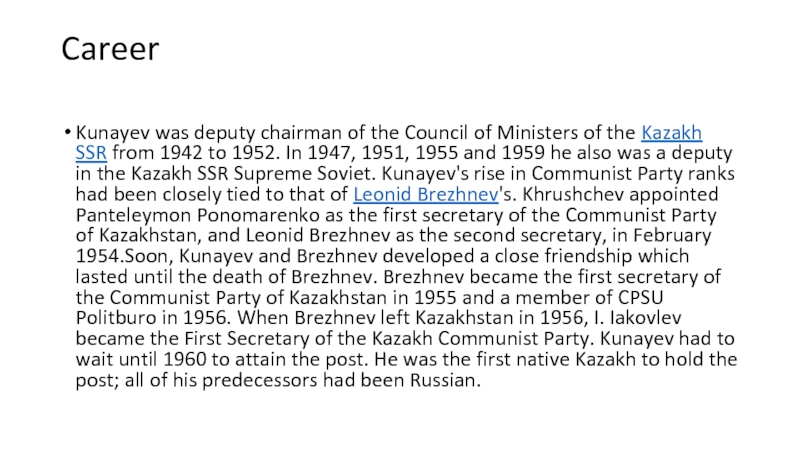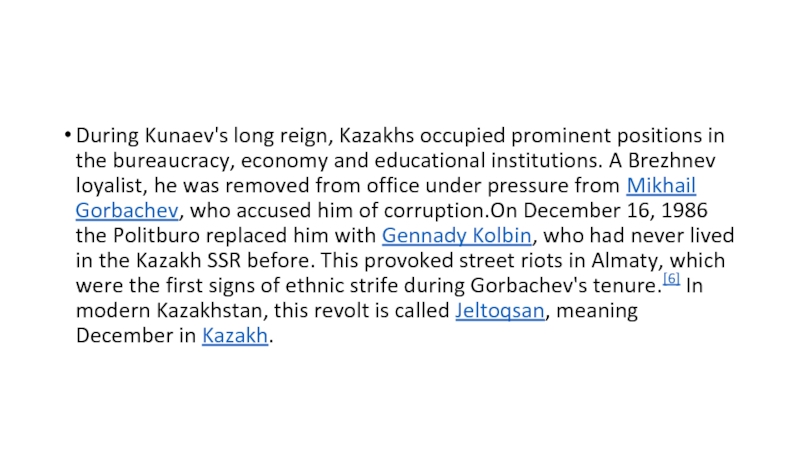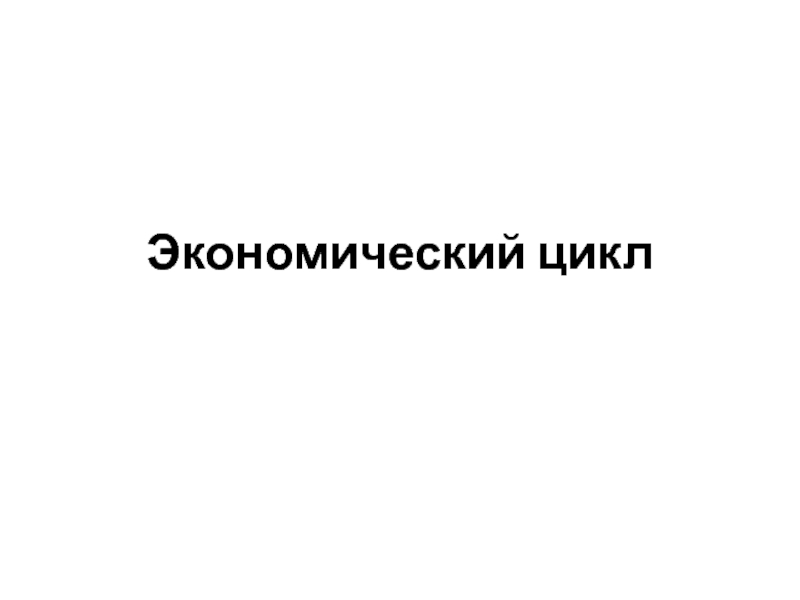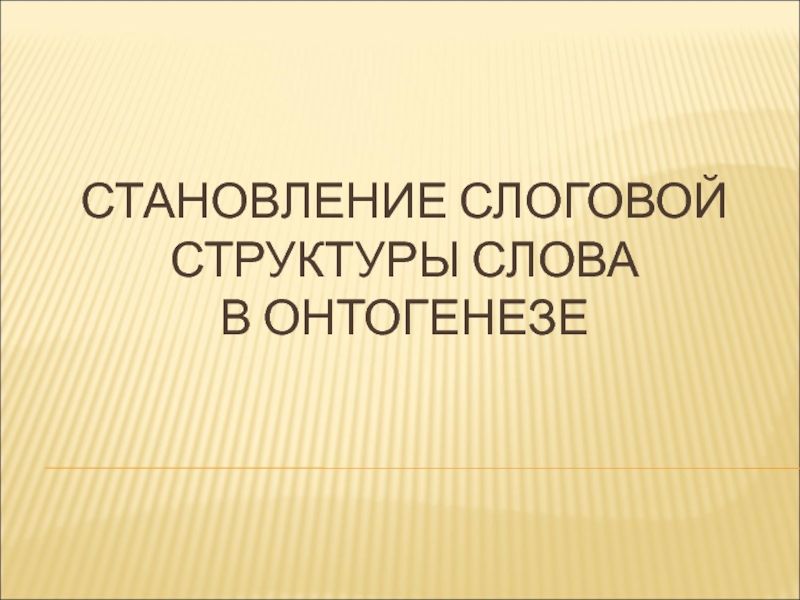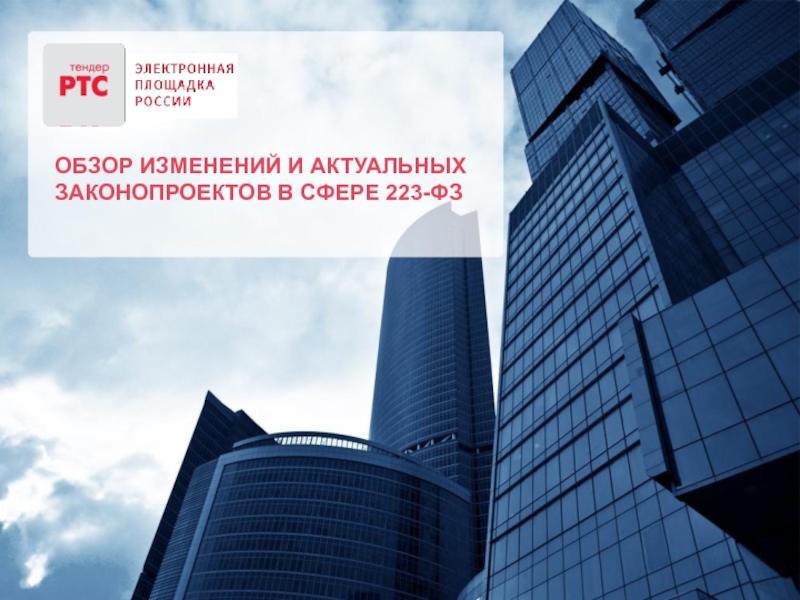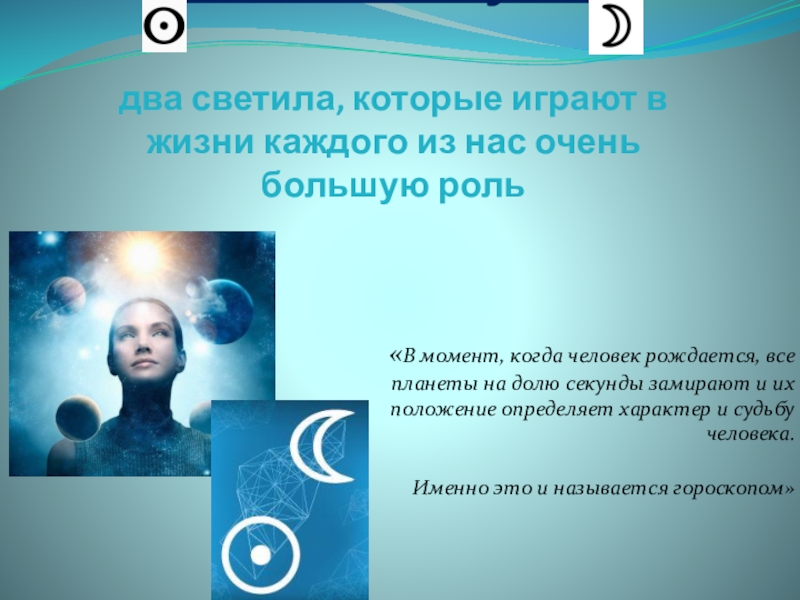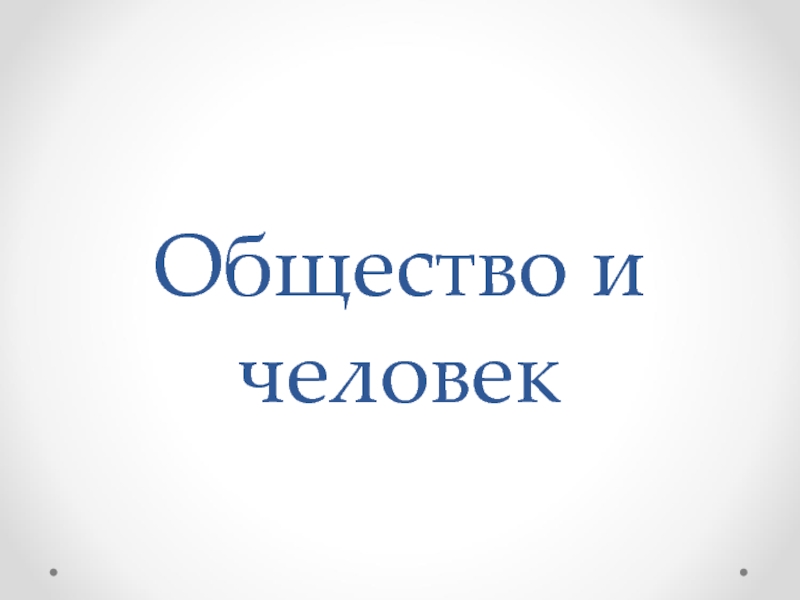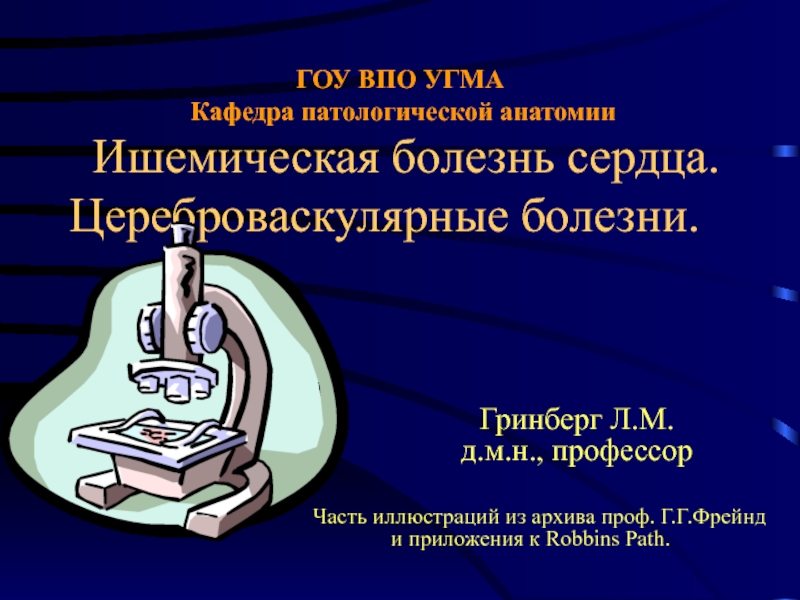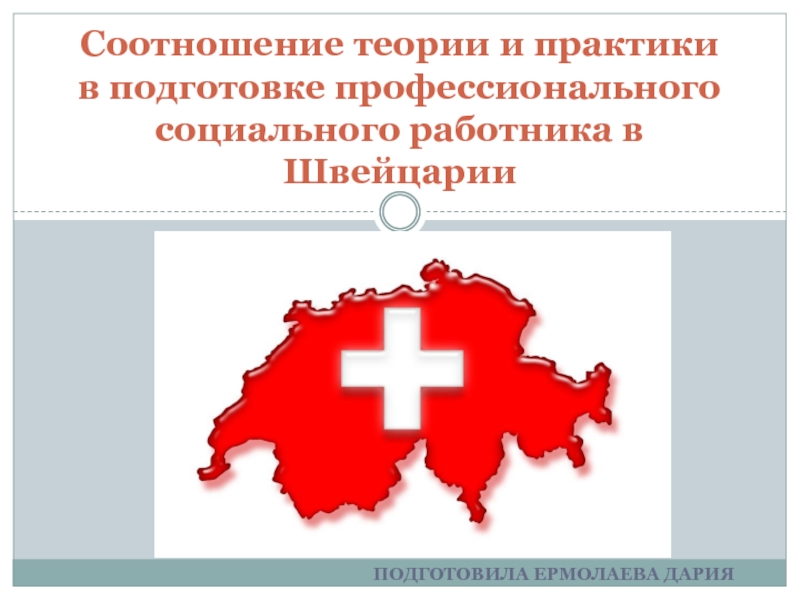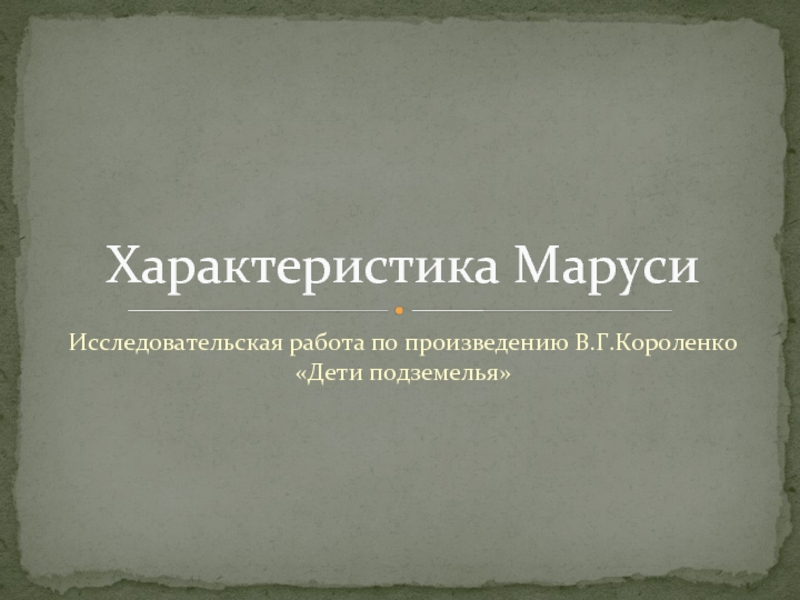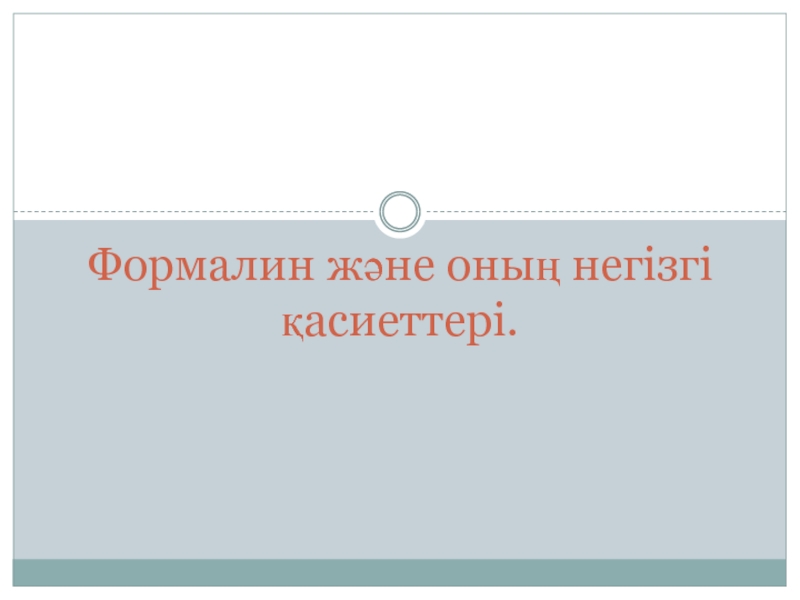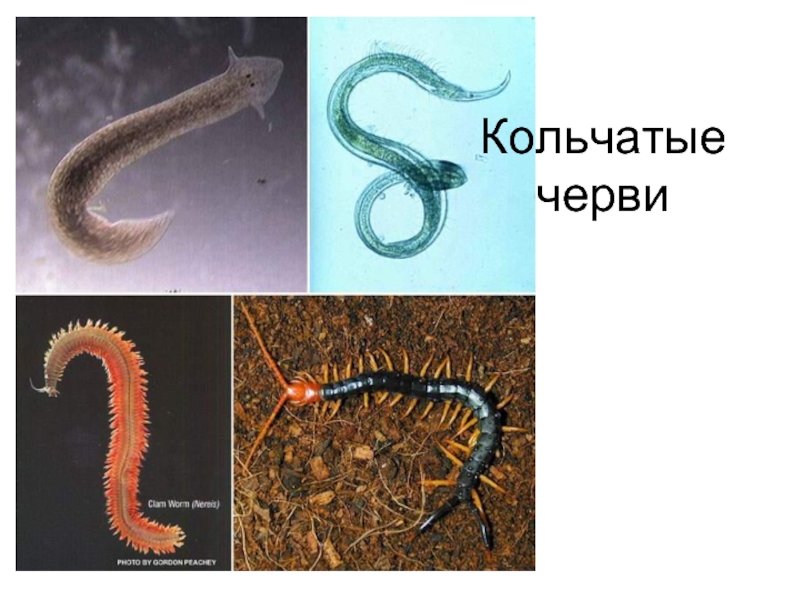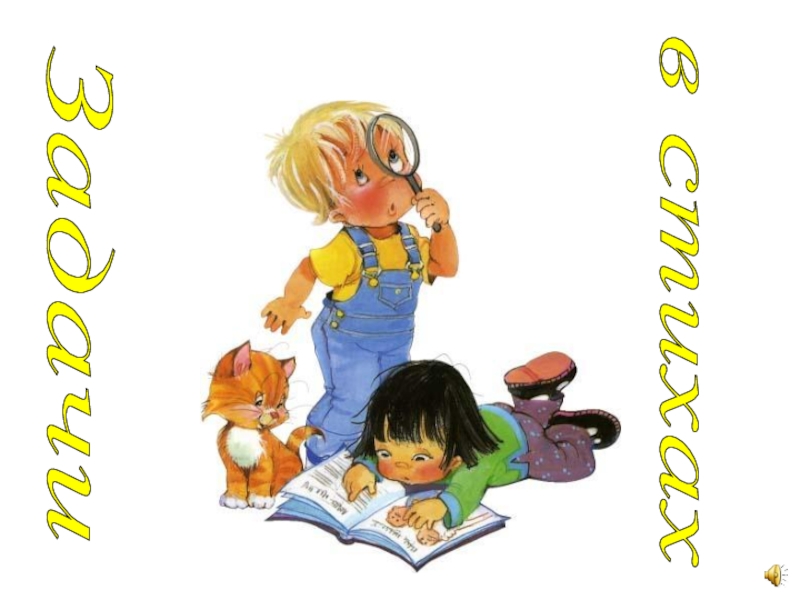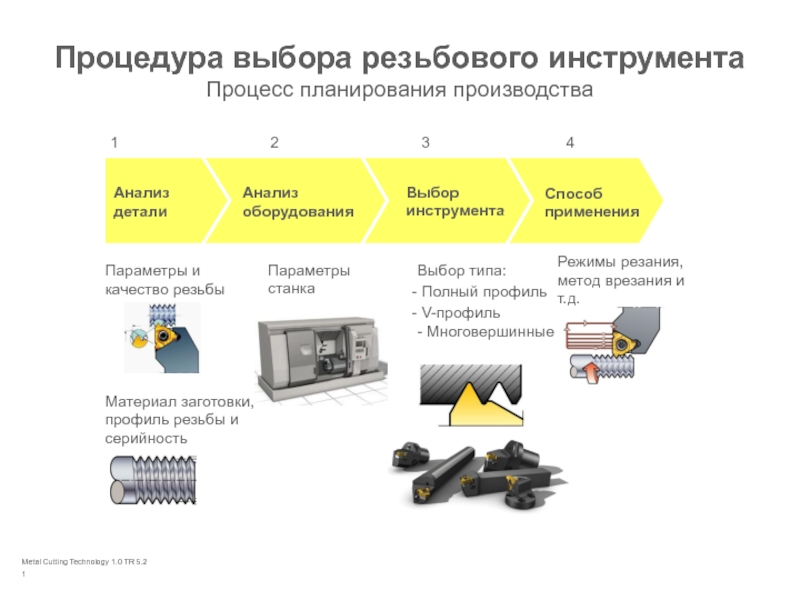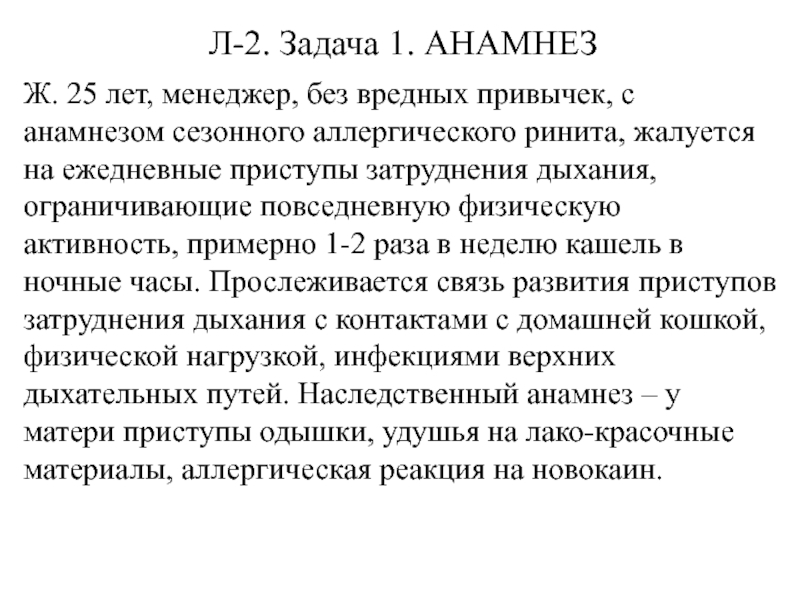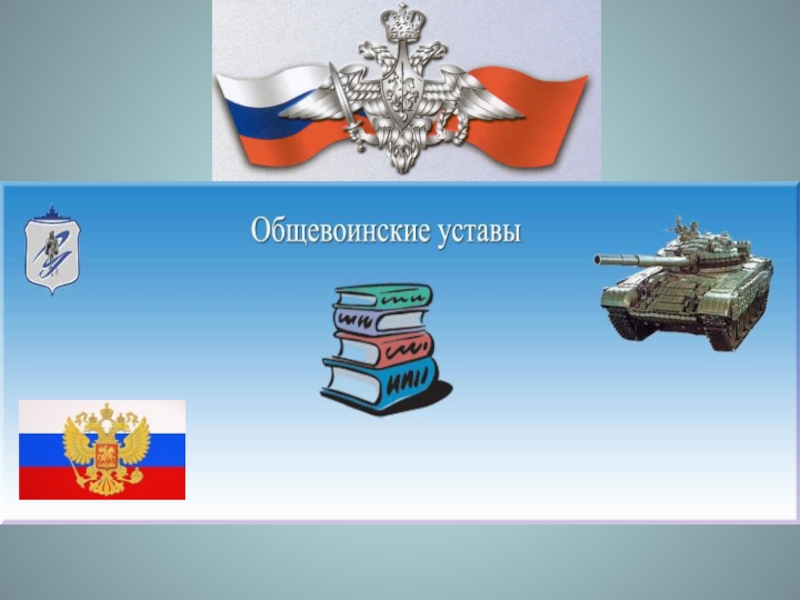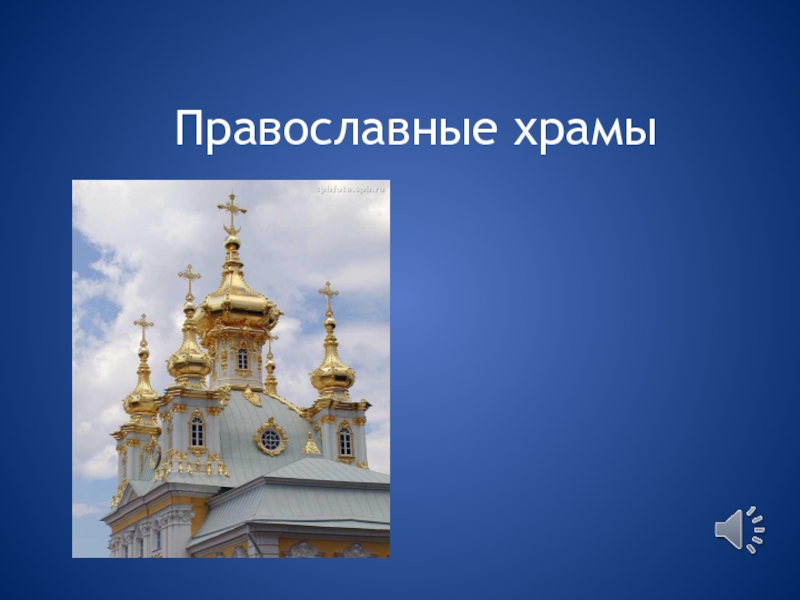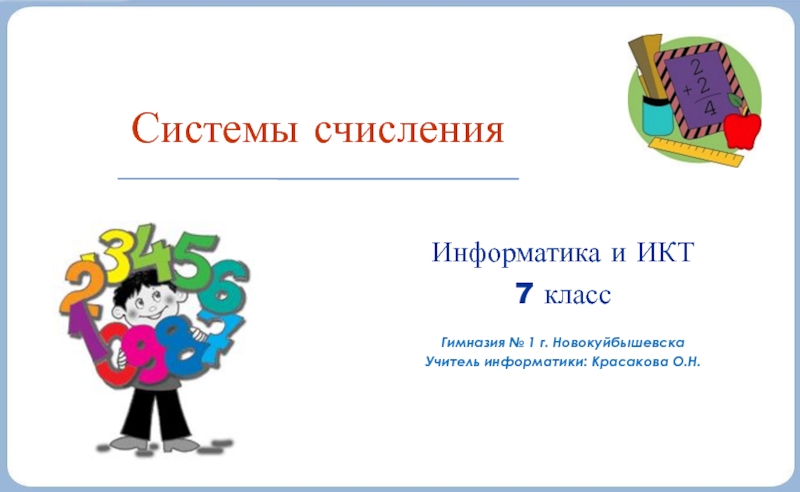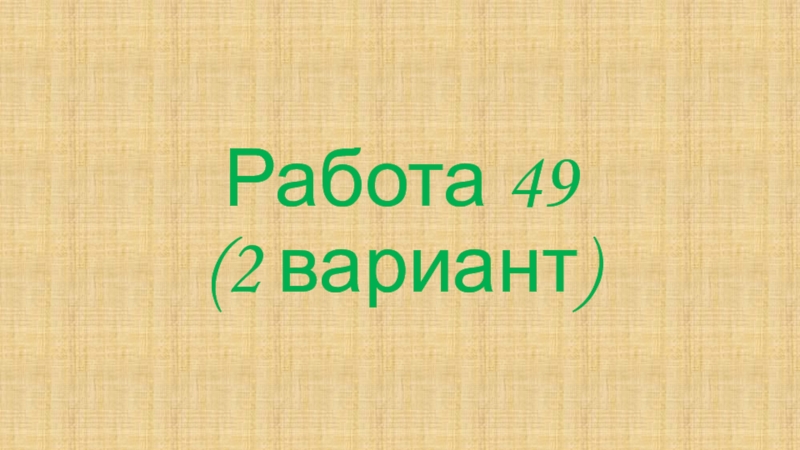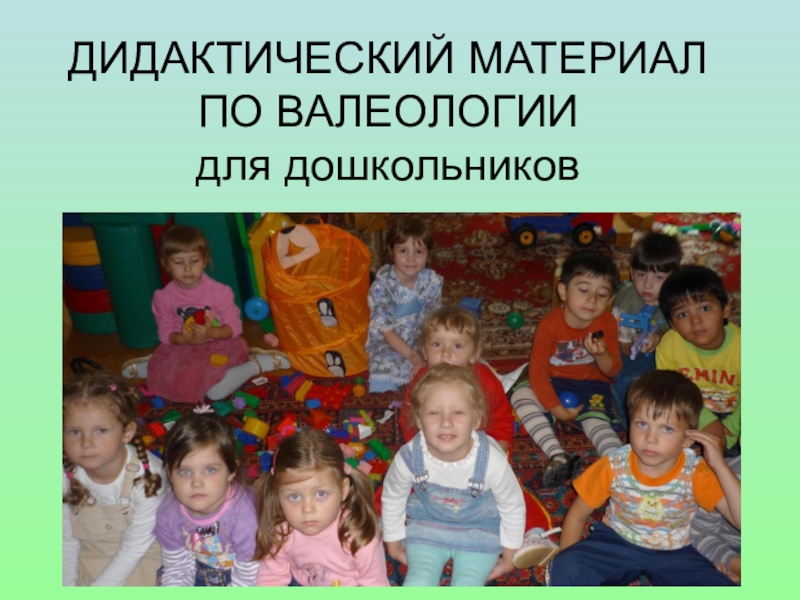Слайд 2Dinmuhamed Akhmedovich Kunayev
Слайд 3Dinmuhamed Akhmedovich Kuna ( Kazakh Dіnmұhammed ( Dimas ) Ahmedұly
Қonaev , January 12, 1912 , True , Russian Empire
- August 22, 1993 , Alma -Ata , Kazakhstan ) - Soviet statesman and public figure, the First Secretary of the Central Committee of the Communist Party of the Kazakh Soviet Socialist Republic in 1960 to 1962 and from 1964 to 1986 . , member of the Political Bureau of the Central Committee of the CPSU ( April 9, 1971 - January 28, 1987 ) , three times Hero of Socialist Labor ( 1972 , 1976 , 1982 ) . Author of over 100 scientific papers. Academician of the Academy of Sciences of the Kazakh SSR ( 1952). Member of the CPSU since 1939. The deputy of the Supreme Soviet of the USSR 4-11 Legislature ( 1954-1989 ) of the Alma- Ata region.
Слайд 4The origin of
According to his official biography , the ancestors
of the DA Kunaeva have been breeders of uysyn Kazakh
tribe , who lived on the banks of rivers and Kurta or near Kuigan . His father, Minliahmed ( Ahmed ) Zhumabaevich , born in 1886 , worked in the agricultural and trade organizations Alma- Ata region , was able to correctly read and write in Russian and Kazakh. Mother Zaure Bairovna Kunaeva , nee Shynbolatova ( Chinbulatova ), was born in 1888 into a poor peasant family in the village Chilik Chilic district (now Almaty region ) . They lived together for more than seventy years.
However, over the question of origin Kunaeva debate . According to official data, it is an ethnic Kazakh, but Uighur writer Abdukerim GANIEV in his documentary novel " Ismail Yusupov : " With clarity of thought " " argues that in fact Kunayev Tatar and changed his nationality in the passport in order to simplify your career . This version also supports the party worker Satybaldy Totanom in his autobiography " Өtken Omir өtkelderі " (" Crossing traversed life") .
Слайд 5Early life
Kunayev, the son of a Kazakh clerk, grew up
in a middle-income family. He graduated from the Institute of
Non-Ferrous and Fine Metallurgy inMoscow in 1936, which enabled him to become a machine operator. By 1939 he had become engineer-in-chief of the Pribalkhashatroi mine, and joined the Communist Party of the Soviet Union (CPSU), a condition of the position.
Слайд 6Career
Kunayev was deputy chairman of the Council of Ministers of
the Kazakh SSR from 1942 to 1952. In 1947, 1951, 1955 and
1959 he also was a deputy in the Kazakh SSR Supreme Soviet. Kunayev's rise in Communist Party ranks had been closely tied to that of Leonid Brezhnev's. Khrushchev appointed Panteleymon Ponomarenko as the first secretary of the Communist Party of Kazakhstan, and Leonid Brezhnev as the second secretary, in February 1954.Soon, Kunayev and Brezhnev developed a close friendship which lasted until the death of Brezhnev. Brezhnev became the first secretary of the Communist Party of Kazakhstan in 1955 and a member of CPSU Politburo in 1956. When Brezhnev left Kazakhstan in 1956, I. Iakovlev became the First Secretary of the Kazakh Communist Party. Kunayev had to wait until 1960 to attain the post. He was the first native Kazakh to hold the post; all of his predecessors had been Russian.
Слайд 7Kunyaev was an ardent supporter of the Virgin Lands campaign which opened
millions of hectares of lands in Central Kazakhstan into agricultural
development and caused a large influx of Russian immigrants into Kazakhstan. In 1962 he was dismissed from his position as he disagreed with Khrushchev's plans to incorporate some lands in Southern Kazakhstan to Uzbekistan. Ismail Yusupov, a supporter of the plan replaced Kunayev. He became first secretary of the Central Committee of the Communist Party of the Kazakhstan again in 1964 when Khrushchev was ousted and replaced by Brezhnev.He kept his position for twenty-two more years.He was an alternate member of the Politburo from 1967, and a full member from 1971 to 1987. He was the only Kazakh to ever become a full member of the Politburo.
Слайд 8During Kunaev's long reign, Kazakhs occupied prominent positions in the
bureaucracy, economy and educational institutions. A Brezhnev loyalist, he was
removed from office under pressure from Mikhail Gorbachev, who accused him of corruption.On December 16, 1986 the Politburo replaced him with Gennady Kolbin, who had never lived in the Kazakh SSR before. This provoked street riots in Almaty, which were the first signs of ethnic strife during Gorbachev's tenure.[6] In modern Kazakhstan, this revolt is called Jeltoqsan, meaning December in Kazakh.
Слайд 9Legacy
Kunayev was awarded the Gold Star of Hero of Socialist Labour three
times.He spent the last years of his life in charitable
activity, establishing the 'Dinmukhamed Kunayev Foundation', one of whose purposes was the support of political reform in Kazakhstan. An institute and avenue in Almaty have been named after him as well as an avenue in downtown Astana.





